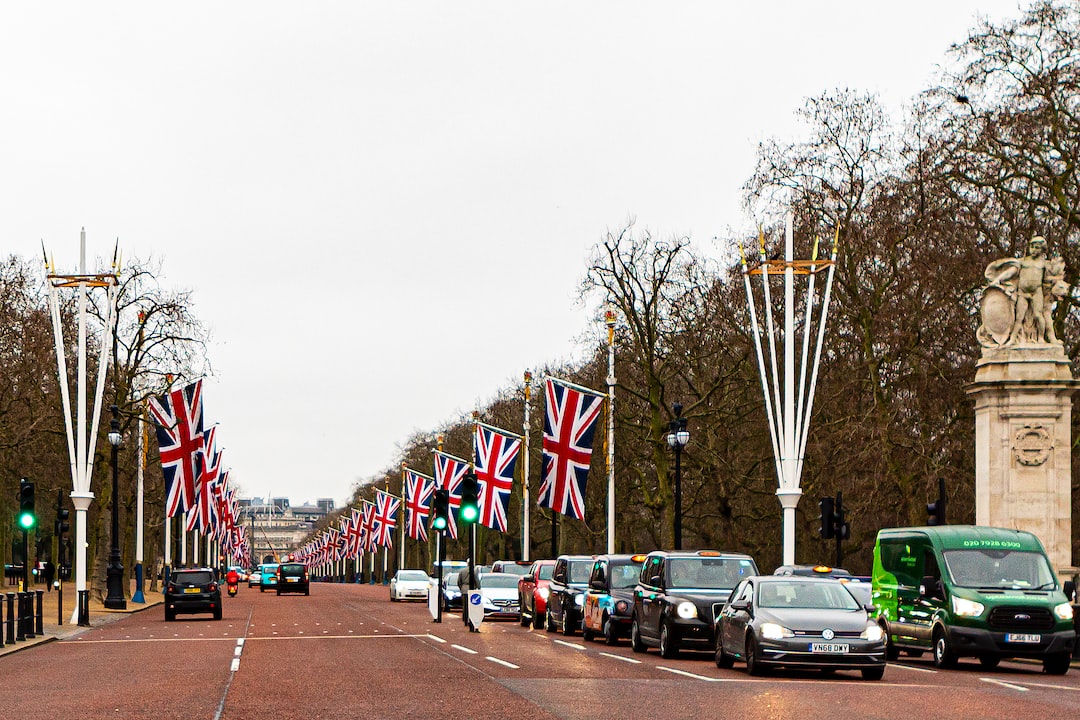The benefits of carpooling and its positive impact on traffic congestion and the environment
In today’s fast-paced world, traffic congestion has become a daunting problem for commuters, resulting in increased stress levels, wasted time, and detrimental effects on the environment. However, there is a solution that can help alleviate this issue while also reducing carbon emissions – carpooling. Carpooling, sometimes referred to as ridesharing, is the act of sharing a car with others who are traveling in the same direction. By embracing carpooling, we can enjoy numerous benefits that positively impact not only traffic congestion but also the environment.
One of the key advantages of carpooling is its ability to reduce traffic congestion. In highly populated areas, rush hour traffic can often pose a significant challenge, leading to delays and frayed nerves. Carpooling offers a practical solution by bringing together people who are traveling to similar destinations, allowing them to share a ride. This reduces the number of individual vehicles on the road, helping to ease congestion and improve traffic flow. As a result, commute times are reduced, making everyone’s journey more efficient and pleasant.
In addition to minimizing traffic congestion, carpooling offers several environmental benefits. As we are all aware, the burning of fossil fuels in our cars releases harmful greenhouse gases, contributing to climate change. However, carpooling significantly reduces the number of vehicles on the road, reducing carbon emissions. The fewer cars on the road, the less pollution generated, resulting in cleaner air and improved air quality. By carpooling, we can collectively make a positive impact on the environment and combat climate change.
Apart from reducing traffic congestion and environmental pollution, carpooling also offers financial benefits. Sharing a ride with others allows passengers to split the cost of fuel, tolls, and parking expenses. As a result, each individual’s transportation expenses are significantly reduced. This can be particularly advantageous for individuals on tight budgets, those who regularly commute, or for those looking to save money in general. By carpooling, we not only save money individually but also contribute to reducing the overall transportation costs for everyone involved.
Moreover, carpooling fosters social connections and community-building. Sharing a ride provides an opportunity to interact with others, fostering a sense of camaraderie and reducing feelings of isolation during the commute. It also allows individuals to build new friendships and expand their social network. Carpooling can even serve as a platform for networking and brainstorming ideas, as individuals from various backgrounds and professions come together in a shared space. By carpooling, we not only contribute to the reduction of traffic congestion and environmental pollution, but we also actively engage in community-building.
To encourage widespread carpooling, various organizations, businesses, and startups have developed user-friendly platforms and mobile applications. These platforms aim to connect individuals who are looking for rides or those with available seats in their vehicles, making carpooling convenient and accessible to everyone. By utilizing these platforms, carpoolers can easily find trustworthy and compatible travel companions, leading to a more enjoyable and stress-free commute.
In conclusion, carpooling presents a multitude of benefits that have a positive impact on both traffic congestion and the environment. By reducing the number of vehicles on the road, carpooling eases traffic congestion, saving time and reducing stress for commuters. Furthermore, carpooling significantly reduces carbon emissions, contributing to improved air quality and combating climate change. The financial benefits of carpooling, as well as the social connections and community-building opportunities it inspires, make it a win-win solution for individuals and society as a whole. Embracing carpooling not only helps tackle the challenges posed by traffic congestion but also shows our commitment to a greener and more sustainable future.

